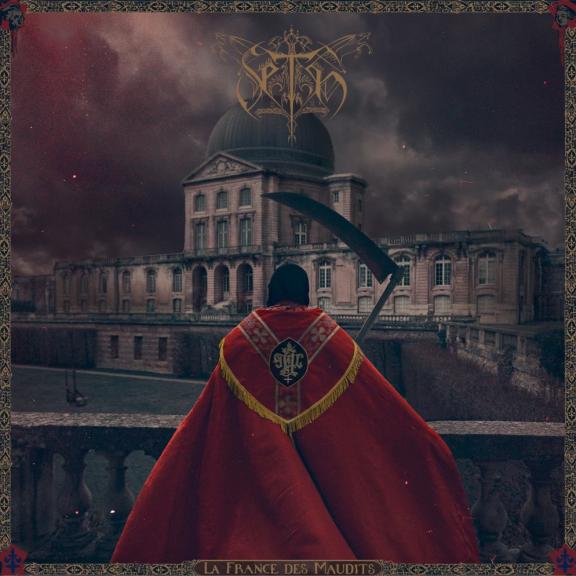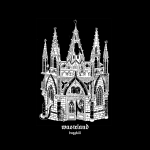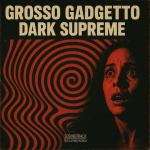This time we can say it: since La Morsure du Christ, SETH seems to be back for good and with a more sustained release rhythm. The proof: we've only had to wait three years to hear their successor, La France des Maudits, whose revolutionary theme is supported by a release date set for our bank holidays on 14 July. Cocardiers, the popes of black metal made in France? Embodying a blasphemous version of the pamphleteer Marat or Robespierre, guide and tyrant, they seize on a significant and violent moment in our history to divert it to their own occult sauce: Paris is haunted in every stone, every maze and here, it is the damned souls who demand their liberation.
We like the theme. SETH love strong symbols, and after setting Notre Dame Cathedral on fire, they took the Guillotine and Marianne to lead the charge. Musically, La France des Maudits follows in the footsteps of its predecessor, but is more accomplished and grandiloquent. The bellicose theme imposes an epic and conquering touch from Paris des Maléfices: SETH attacks with conviction and embarks us on his mad cavalcade, the mood, as it should be, being one of rejection of religious dogma. In the same gesture, SETH condemns but also - and above all - rallies: the group's camp is, as the Revolution demands, that of the marginalized, the rejected, the homeless. A ghostly Court of Miracles ready to overthrow the established order with apocalyptic enthusiasm. The listener, for his part, is invited to place himself alongside these outcasts, and despite its raging, gloomy atmosphere, La France des Maudits also becomes a unifying force (like Insurrection, which exhorts us "Le Diable est avec nous, tous marchons sur le monde ! - The Devil is with us, let's all march on the world!").
In its demonstration of power and darkness, SETH doesn't crush all emotion, and that's all to the good: the album is tinged with a visceral energy supported both by its melodic parts (the spectral transition Marianne, both melancholy and galvanising) and by the mournful vocals of Saint Vincent, haunted, at once a possessed leader, a demonic narrator and a soul in pain. "Dieu est mort sur la terre, nous serons tous demain les maîtres en Enfer - God is dead on earth, tomorrow we will be masters in Hell", he chants in La Destruction des Reliques, which, with its alternating frenzy and funereal heaviness and its sinister piano notes, embraces both the conquering mood and the scent of defeat and mass graves that haunt both La France des Maudits. We can also savour the blasphemous theatricality (Dans le Coeur un Poignard and its heavy, grimacing diction, between bitterness and grand-guignol, the choruses of Et Que Vive le Diable! and Le Vin du Condamné, the masterly conclusion to this narrative epic).
I'ts our tour to blaspheme: we even find a playful pleasure in this new SETH album. We're carried away by its revolutionary flavour and its inversion of traditional values, revelling in its macabre victories. Earth is Hell, the damned souls have invaded the streets of Paris and are dancing with the Devil in the rubble? Hurrah!





